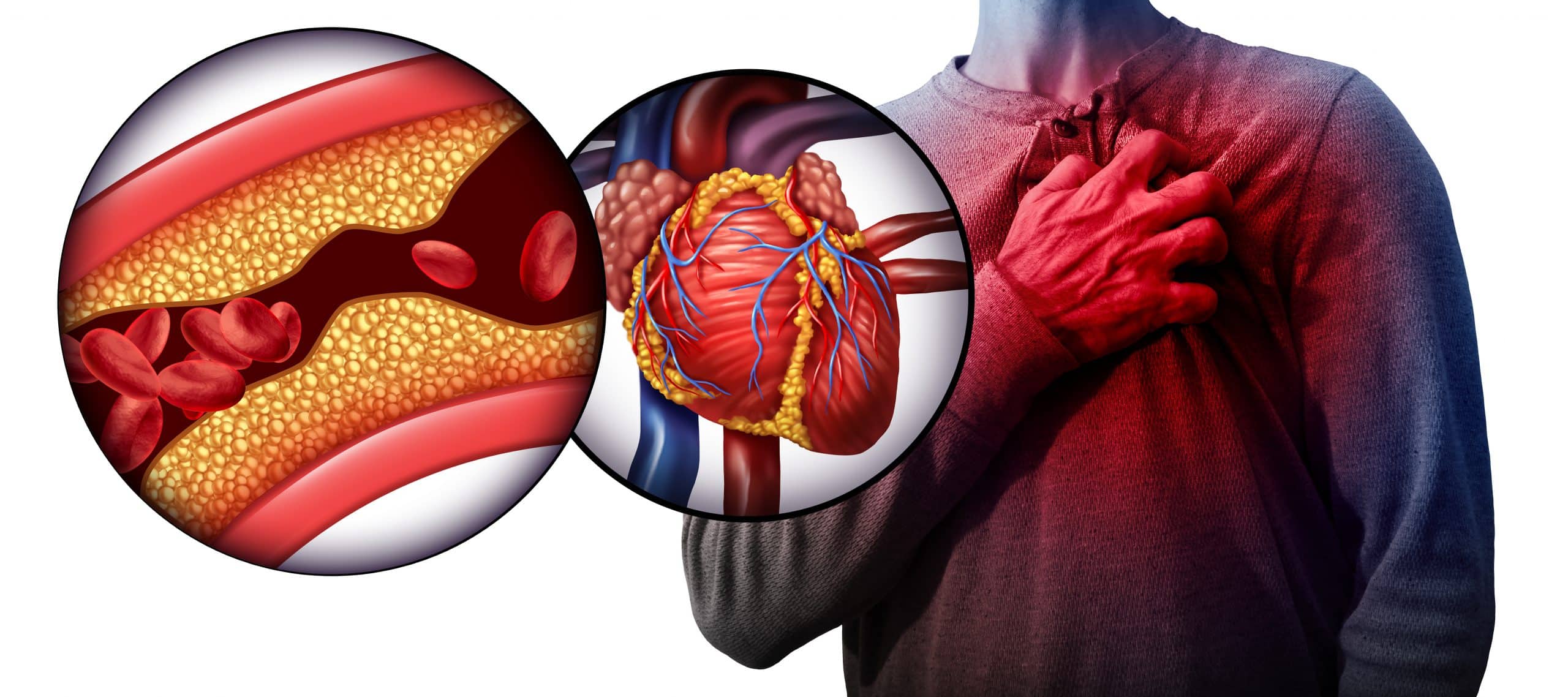08/09/2018
Microbiome: The Secret to Heart Health?
Most of us recognize that a healthy diet helps your body function at its highest performance. But how exactly do fruits, vegetables and a balanced diet help our body? Research indicates that gut, or intestinal health is directly linked to heart health and heart attack prevention. Known as the “microbiome,” the millions of bacteria found in your gut could actually be part of the secret to your heart’s success. But how do you improve your gut biome, and what is it?
What is the Gut Biome?
The gut biome is a system of microorganisms found in our intestines including bacteria, viruses and even fungi. These bacteria work together symbiotically to influence all of your body’s processes. The microbiome helps regulate pathogens, keeping diseases from developing and our body from attacking itself. Research shows there are likely 10,000 or more different types of microbes in your gut. The food we eat greatly influences the range and variety of bacteria in our gut, weakening or strengthening our body’s immune system and general health.
If your microbiome becomes weak enough, the gut can become inflamed—and even inflame your heart and other vital organs too. You guessed it—this can lead to heart attack, stroke, and other cardiovascular issues down the line.
How Does It Affect Heart Health?
According to one 2017 study in the Journal of American Heart Association, the microbes in your gut produce substances called metabolites. It’s thought that these metabolites play a key role in our risk of diseases from cancer to heart disease. According to the study, the metabolites (called TMAs) produced from eating red meat, eggs, poultry and fish, contribute to the formation of a substance called trimethylamine N-oxide (TMAO). High levels of TMAO the blood was linked in the study to a 62% greater risk of cardiovascular disease. This is because TMAO causes the buildup of artery-clogging plaque. Diets high in sugar are also more likely to inflame the gut lining.
Studies also indicated that microbes in your mouth react with the chemical nitrates in vegetables to help relax blood vessels. Eating foods high in fiber and whole grains could be helpful as well, according to specialists. Today, it’s still far too early to identify a course of action for intestinal health and heart health. Because your gut bacteria influence how nutrients are absorbed, too much gut bacteria can convert too much fiber into fatty acids that lead to extra fat deposits in the liver. This can prime you for heart disease later in life.

What Foods Are Good For the Microbiome?

The best thing to do to help the good bacteria in your gut flourish is reduce your intake of red meat and processed sugar. These foods irritate the intestine and that irritation can spread to your other vital organs. Yogurt, sauerkraut and kimchi are also foods known for their probiotic abilities that encourage the growth of good bacteria in your intestines.
To speak with a cardiologist about your blood pressure, cholesterol and risk for heart disease, reach out at www.cvgcares.com to schedule an appointment today!



